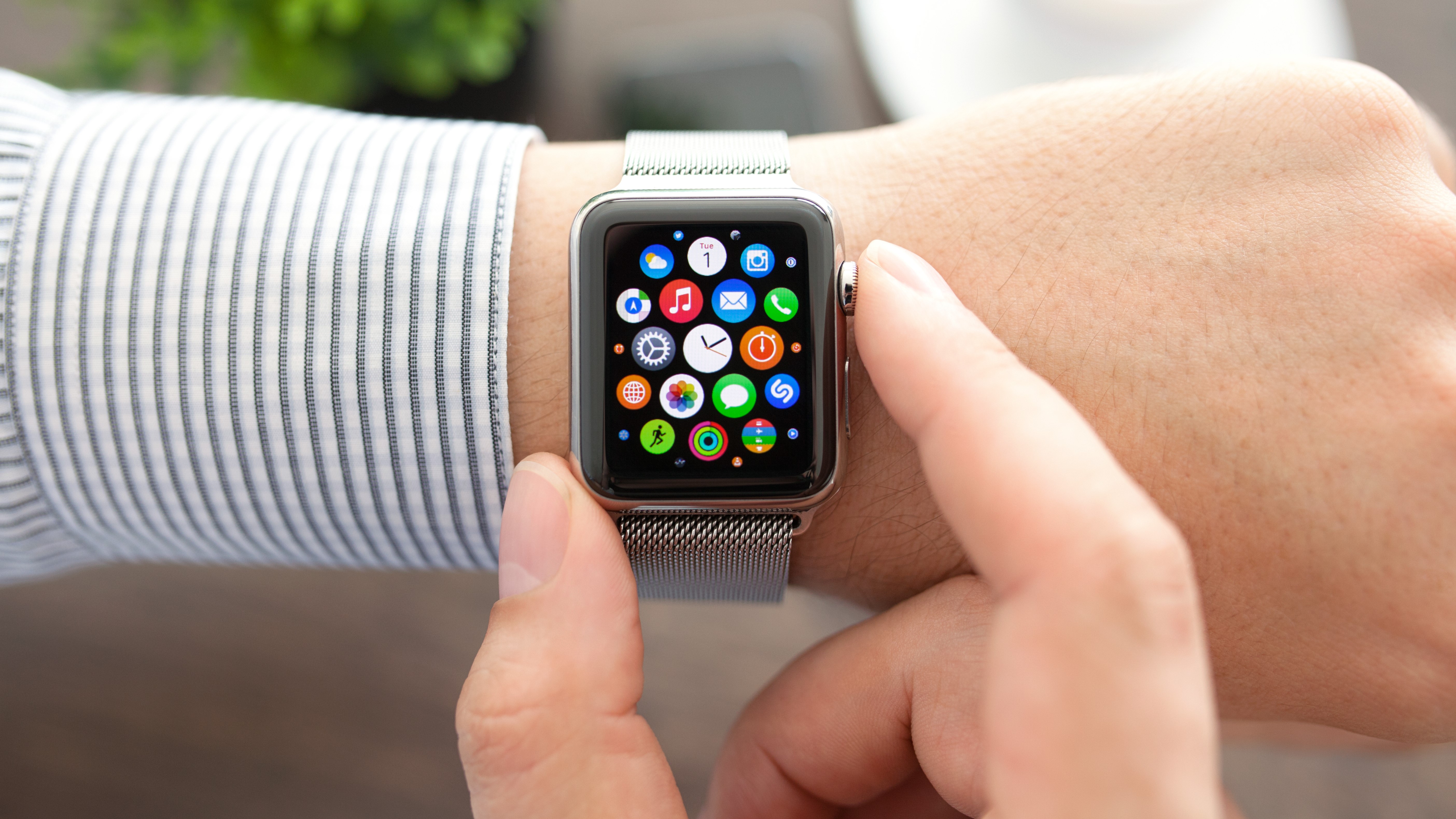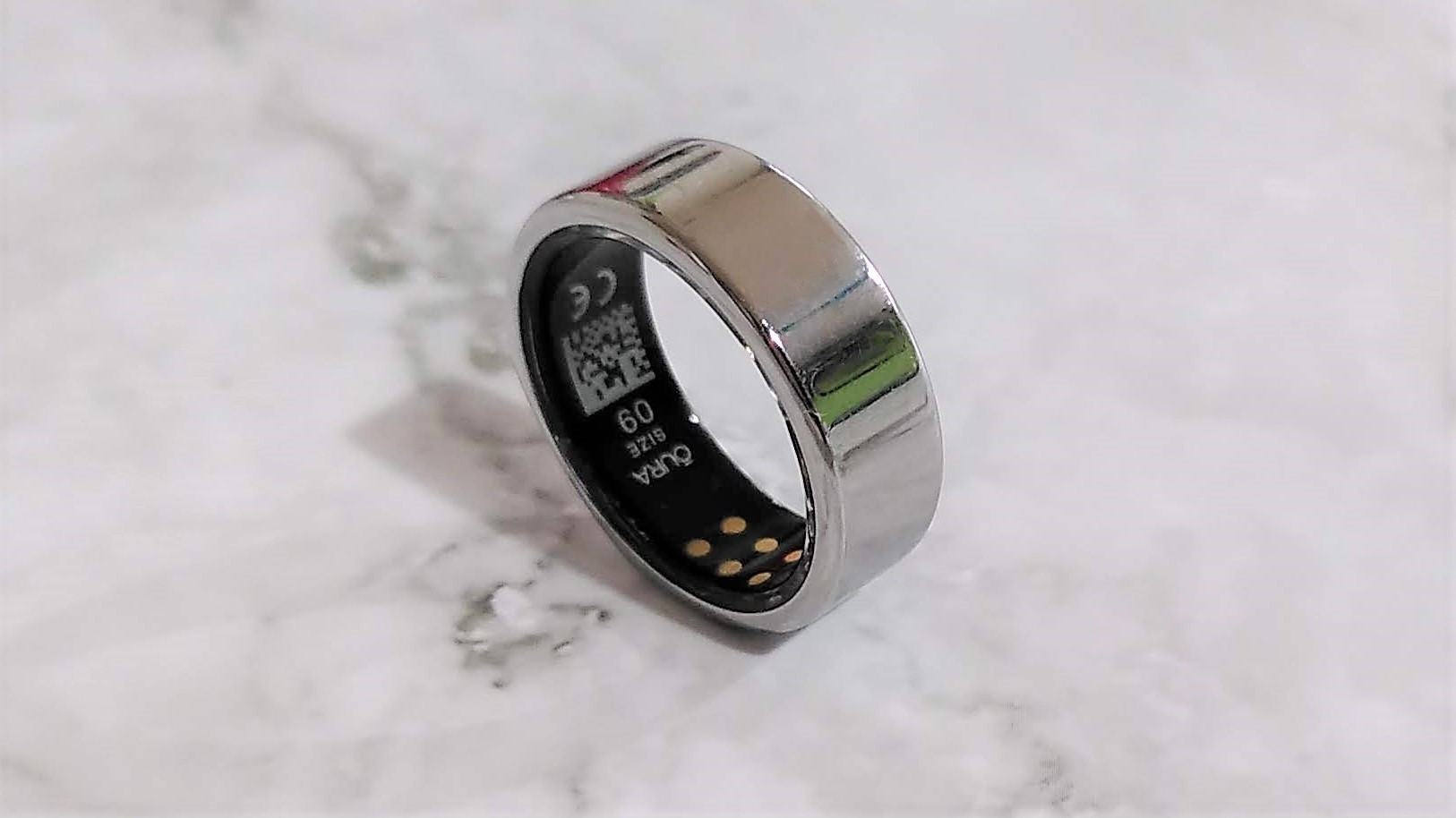The Apple Watch's sensors need a serious upgrade for 2022

Sign up for breaking news, reviews, opinion, top tech deals, and more.
You are now subscribed
Your newsletter sign-up was successful
A recent leak has hinted that the forthcoming Samsung Galaxy Watch 5 could have a temperature sensor. The report from ETNews suggests that the Korean company could also integrate the tech into the next Samsung Galaxy Buds, which makes a lot of sense, as the interior of your ear has more consistent blood flow than your wrist.
The Galaxy Watch 5 certainly wouldn't be the first wearable with a built-in thermometer. Running watches like the Garmin Fenix 7 and Epix (Gen 2) monitor changes in temperature during a workout, and fitness trackers such as the Fitbit Sense and Charge 5 track your temperature overnight as part of their suite of sleep monitoring tools.
If anything, Samsung is playing catch-up, but there's one company that's even further behind when it comes to temperature tracking, and it's the most popular smartwatch brand in the world. Despite its increasing focus on health and wellbeing, we've never seen an Apple Watch that's capable of measuring skin temperature – and that's strange.
Vital stats
Skin temperature isn't generally as useful as core temperature (measured using an oral or rectal thermometer), but it's still very useful, particularly if you're looking at trends rather than trying to take a spot measurement. Although no official regulator has approved the use of wearables to detect Covid-19, there are various ongoing studies using smartwatches and fitness trackers to pick up signs of infection before a person develops symptoms. This could (in theory) allow them to self-isolate early and avoid spreading the illness to others.
Body temperature can also be a good indicator of where you are in your menstrual cycle (if you have one), as it typically rises slightly around ovulation. Some devices, such as the Oura (Generation 3) smart ring, use this data to help predict when your period will arrive.

If you struggle to get a good night's sleep, the nocturnal temperature readings taken by a smart ring or watch might reveal that you're overheating at night, and should take steps to cool your bedroom before settling down. Skin temperature can also be an indicator of stress; studies have shown that acute stress causes vasoconstriction (the constriction of blood vessels), which leads to a drop in temperature.
It's tremendously useful data to have at your fingertips, and the technology exists, so why has Apple been so slow on the uptake – and will it finally catch up with the Apple Watch 8? We aren't holding our breath.
Sign up for breaking news, reviews, opinion, top tech deals, and more.
Why so slow?
Ahead of its launch last year, it was suggested that the Apple Watch 7 might be packed with new sensors for monitoring blood pressure, blood glucose, and even blood alcohol. That turned out to be far from true; in fact, the biggest hardware change was a marginally larger screen that's a bit tougher to scratch.
It seems like the Apple Watch 8 might be a similarly modest upgrade, with no new sensors to speak of. Back in January, Bloomberg's resident Apple expert Mark Gurman shared his predictions for the year ahead, sprinkled with snippets of insider info – and it made for pretty disappointing reading.
"Body temperature was on this year’s roadmap, but chatter about it has slowed down recently," Gurman wrote. "Blood pressure is at least two to three years away, while I wouldn’t be surprised if glucose monitoring doesn’t land until later in the second half of the decade."
To be fair to Apple, it hasn't suggested that any of these features are due to arrive on our wrists in the near future. Instead, most of the predictions have been based on patents and news from companies that are known to supply it with components.
We can only speculate about why temperature has been taken off the list of priorities, but we suspect it could be due to the lack of precision. As we've already mentioned, skin temperature can be affected by all kinds of environmental factors, and is only really useful when viewed as trends over time. Apple may have realized that its customers are likely to want to perform spot checks (as they can with the ECG sensor). That's something that can't be done accurately from the wrist, so it's possible that the company decided to skip the sensor for now rather than risk disappointment or confusion.
We're still keeping our fingers crossed that our suspicions might be unfounded, but it sounds very much like Apple Watch owners might have to wait until at least 2023 before they can track temperature.

Cat is TechRadar's Homes Editor specializing in kitchen appliances and smart home technology. She's been a tech journalist for 15 years, having worked on print magazines including PC Plus and PC Format, and is a Speciality Coffee Association (SCA) certified barista. Whether you want to invest in some smart lights or pick up a new espresso machine, she's the right person to help.